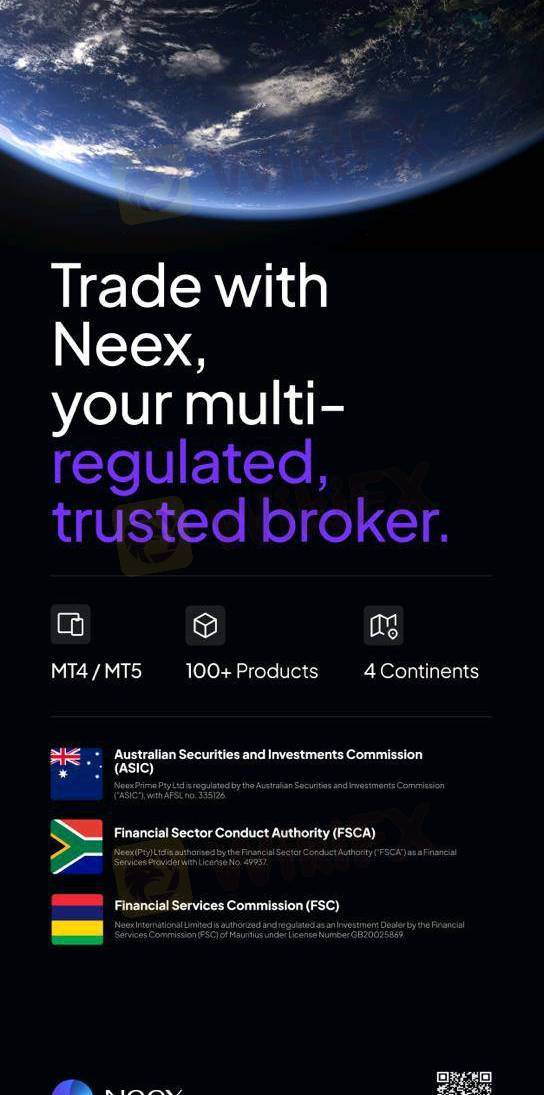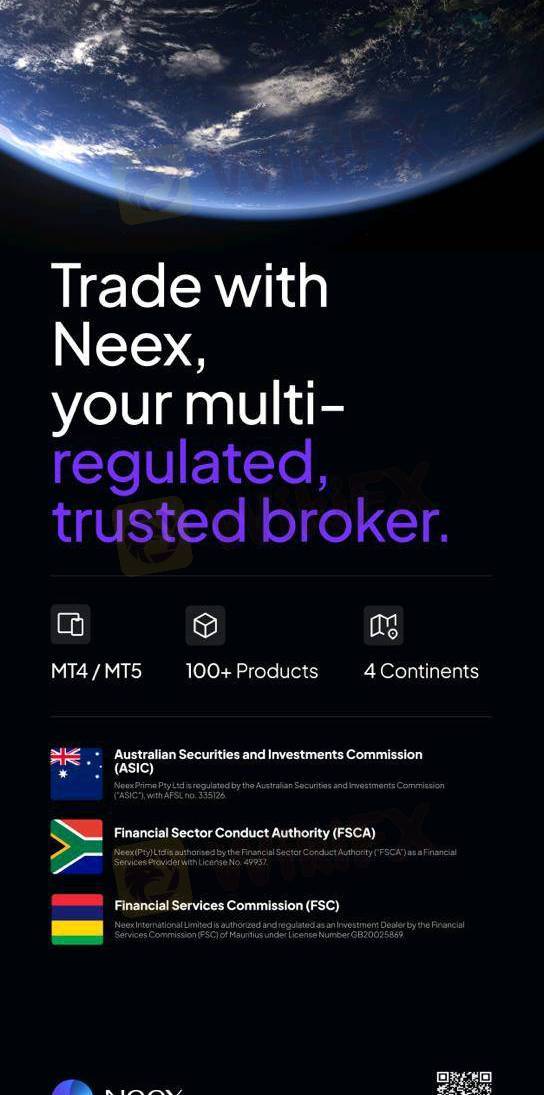Gold is on a different trading trajectory as its bull run refuses to tame. On September 3, 2025, it took a massive jump across the 24K and 22K categories.
The price of one gram of 24K gold went up by INR 88 to INR 10,697. Yesterday, it closed at INR 10,609. Interestingly, the 10-gram price grew by INR 880 to INR 1,06,970 from INR 1,06,090.
The one-gram gold price of the 22K category stands at INR 9,805, rising by INR 80. As a result, the 10-gram price jumped to INR 98,050 from INR 97,250. The hike recorded today is INR 800.
Gold is on a different trading trajectory as its bull run refuses to tame. On September 3, 2025, it took a massive jump across the 24K and 22K categories.
The price of one gram of 24K gold went up by INR 88 to INR 10,697. Yesterday, it closed at INR 10,609. Interestingly, the 10-gram price grew by INR 880 to INR 1,06,970 from INR 1,06,090.
The one-gram gold price of the 22K category stands at INR 9,805, rising by INR 80. As a result, the 10-gram price jumped to INR 98,050 from INR 97,250. The hike recorded today is INR 800.















